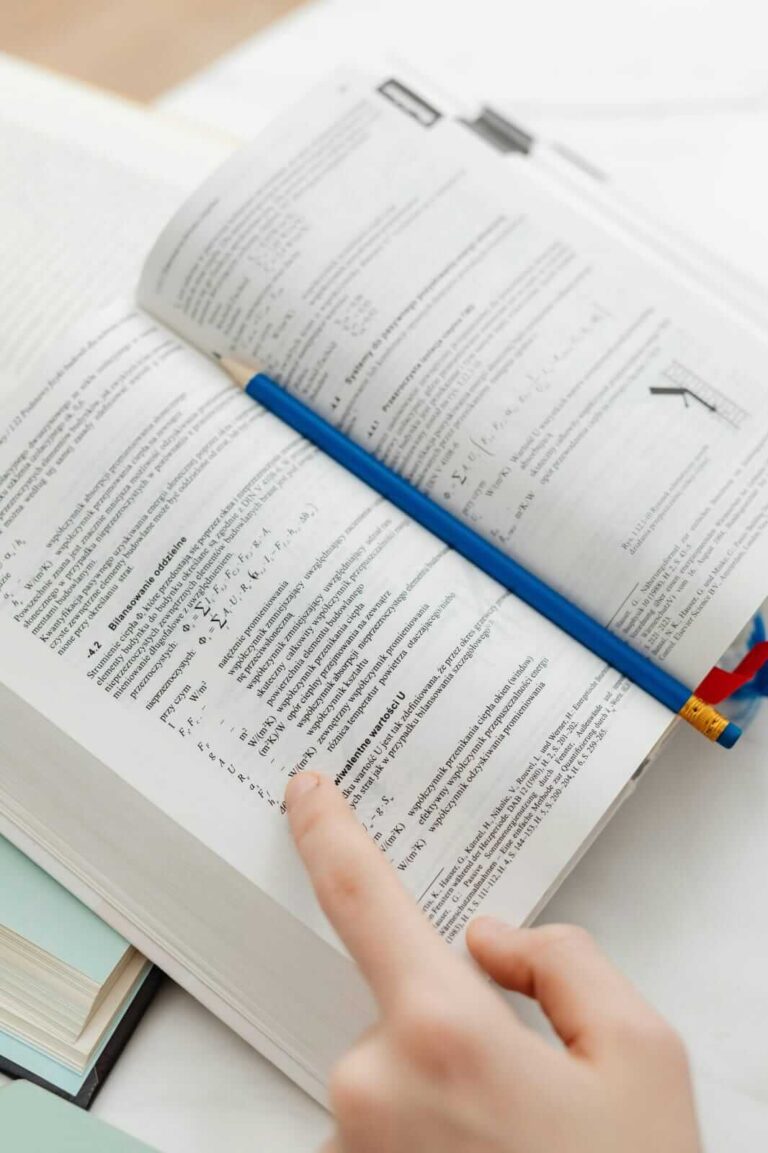THE ULTIMATE PRODUCTIVITY HACK

Welcome back to Being College Savvy!
In today’s blog post, I’ll be talking about the best productivity hack for getting more done faster.
Something we all want to achieve in college is staying on top of our deadlines because we juggle many responsibilities – academic, social, and personal. We all know that being productive and managing time effectively makes college less stressful and also helps prevent falling behind, which can lead to unnecessary stress and all-nighters. This is why you clicked the click to the blog post 🙂
Before diving into the best productivity hack, I’ll quickly define productivity and why we often struggle with it.
What Is Productivity?
Productivity (in my own words) is completing tasks – whether personal or required – within the specified time frame or in a shorter duration than expected.
Why are we not productive?
There are different reasons why some of us struggle with productivity. One common one is procrastination. We procrastinate for many reasons, but one of the reasons is that we give ourselves too much time to complete a task.
That’s what Parkinson’s Law describes. Parkinson’s Law states: “Work expands so as to fill the time available for its completion.”
Of all the productivity hacks I’ve come across, the one I love the most is Overcoming Parkinson’s Law.
How many times have you had an assignment due in two weeks, and you got started on it but did 10% of the work for 13 days, only to do most of the work, 90% of it, in one night? That shows you had the ability to complete it much earlier (probably in one day) but stretched it out because you gave yourself too much time than necessary. So your brain adapted to that time, and you eventually completed the task in two weeks.
In comparison, if you had set a deadline to complete the assignment in three days, you probably would have. This is because your brain would adapt to that deadline and create a sense of urgency to complete that assignment in three days. That gives you more time to work on other tasks, projects, or non-academic commitments.
How to Overcome Parkinson’s Law
Overcoming Parkinson’s Law means breaking free from the habit of letting tasks drag on longer than necessary. What I love about this concept is that it doesn’t push you to set unrealistic goals. If an assignment requires a week to complete, it’s not telling you to finish it in three days just for speed. It is about setting intentional time limits that keep you focused and productive. If you know you can finish a task in three days, don’t give yourself an entire week – otherwise, you’ll stretch the work unnecessarily.
By overcoming Parkinson’s Law, you stay on top of your deadlines and improve your productivity without feeling overwhelmed. The key is to set a reasonable time frame and stick to it. That way, you can prevent last-minute stress, get more done in less time, accomplish tasks efficiently, and stay committed to your goals.
Now that we’ve covered the foundation let’s dive deeper into some practical strategies to help you maximize this hack!
Practical Strategies For College Students to Overcome Parkinson’s Law and Get More Done Faster
1. Understanding How Long a Task Will Take

Plan strategically for the task ahead of time by planning how long the task will take from start to completion to reduce your chances of procrastination and increase your efficiency. You can determine the amount of time the task will take by checking how long similar tasks took in the past and using that as a reference.
If you have never done a similar task before, you can break it down into smaller components and time yourself by guessing how long it will take for each step. Instead of estimating an entire project, break it down into sections and estimate each individually.
For example, if you have a writing assignment that you have never done something similar before, rather than planning for the whole assignment, guess how long it will take for each step – research, outline, writing, and editing.
Also, you can use The First Time Rule for productivity, which, in simple terms, assumes it will take longer if you’re doing something for the first time. After completing the task and better understanding the duration, adjust the time estimation based on actual time spent. Doing this will help to plan for similar tasks in the future.
In college, for the most part, we usually have similar patterns of assignments or projects. So, it is very easy to have a good idea of how long similar tasks will take.
Remember, the aim is to allocate just enough time to complete the task to prevent procrastination and reduced productivity (when you allocate too much time) or stress (when you do not allocate enough time).
2. Set Strict Deadlines:
Another way to combat Parkinson’s Law is to set realistic, intentional deadlines. Give yourself a specific deadline to help you stay on track without feeling rushed. If you give yourself two weeks for a task you require four days to complete, you’ll likely procrastinate.
Similarly, if you give yourself two days for a task that requires four days to complete, you’ll likely become stressed and overwhelmed. So, it is important to maintain a balance.
One helpful tip for setting deadlines is allocating a fixed amount of time to each task in your schedule. For example, instead of saying, “I’ll study today,” set a time: “From 2 PM to 4 PM, I will review my biology notes.” Doing this creates a sense of urgency and prevents the task from stretching out unnecessarily.
Also, you do not have to do the task for long, straight hours. You can work in focused short intervals, 25- to 30-minute intervals, then take a short break. Doing this will help prevent burnout and keep you productive.
3. Avoid Perfectionism – Just Get Started

Another big reason we let tasks drag on is that we want them to be perfect. I’m guilty of this myself. To give you an idea, I registered my blog in January 2024 but didn’t launch it until the last day of January 2025. Despite having blog posts ready, I kept postponing the launch because I wanted everything to be perfect.
However, something that has helped me this year – especially with a heavy course load and multiple responsibilities – is adopting the mindset of “just start.” The truth is, things don’t have to be flawless before you begin. You can refine as you go.
As Mark Zuckerberg once said, “Ideas don’t come out fully formed; they only become clearer as you work on them. You just have to get started.” This means clarity and improvement happen after you take action, not before. If you keep waiting for the perfect moment, you’ll never get anything done.
Another example is that you don’t need to wait for the perfect opening sentence when writing an essay – just start writing. Once you begin, ideas will start flowing, and you can refine your work as you work on the essay.
Often, the best insights come after you’ve taken action, not while you’re stuck overthinking.
4. Reward Yourself for Finishing Early
This last tip doesn’t directly tie into overcoming Parkinson’s Law, but it plays a role in maintaining momentum. If you’ve been doing well – meeting deadlines, staying on top of tasks, and avoiding procrastination – one way to keep up the habit is by rewarding yourself for finishing early.
Training your brain to associate completing tasks efficiently with something enjoyable can reinforce productivity. If you know you have a reward waiting at the end, staying focused and pushing through distractions becomes easier.
For example, if you wanted to watch a show but resisted the urge to do so while working, make it your reward for completing your task on time. This approach keeps you motivated and helps prevent burnout.
SUMMARY
Overcoming Parkinson’s Law is an effective way to improve your productivity. By planning, setting strict deadlines, avoiding perfectionism, and rewarding yourself for staying focused, you can overcome Parkinson’s Law and get more done without feeling overwhelmed. The key is to set just enough time for a task – so you stay productive but not stressed.





